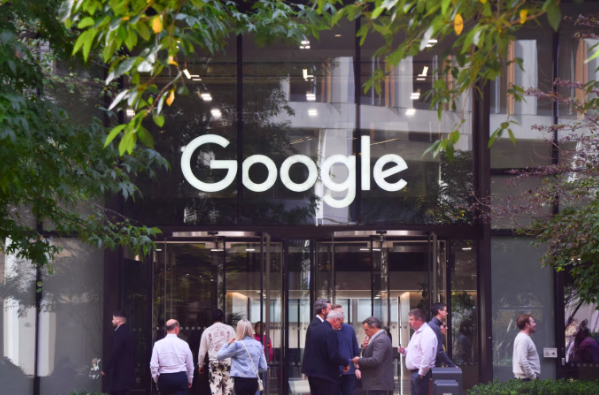
Just weeks after the dust settled on its search engine monopoly case, Google is once again at the center of an antitrust trial. The final phase of the US Department of Justice's lawsuit against its digital advertising monopoly has entered a crucial ruling period. This battle not only hinges on the survival of Google's ad tech empire, but will also profoundly impact the future of the global digital advertising industry.
A few weeks ago, Google received a "mildly favorable" outcome in its search engine monopoly lawsuit. The judge prohibited Google from entering into exclusive agreements, required it to open up some search technology, and established an oversight board, but rejected requests to split core businesses like the Chrome browser. The market interpreted this ruling as a "strategic victory" for Google—avoiding the most serious risk of a breakup—and its stock price rallied. Analysts noted that the rise of generative AI played a key role in the ruling. The judge emphasized in the ruling that AI technology has transformed the traditional search ecosystem, giving Google a "transformation buffer."
However, the digital advertising monopoly case faces even more daunting challenges. The Department of Justice has demanded the divestiture of Google's ad exchange platform AdX and ad server businesses, accusing them of monopolizing the online advertising technology market by manipulating auction mechanisms and blocking competitors. Unlike the search case, advertising is a core pillar of Google's revenue, contributing over $230 billion in 2024. If the divestiture is upheld, Google will lose control of the advertising transaction chain, potentially radically reshaping the industry landscape.
Google's predicament reflects the tightening global trend of tech regulation. From the EU to Japan and China, antitrust authorities have launched investigations into Google, accusing it of abusing its dominant market position. Meanwhile, the rise of generative AI is becoming a new battleground in the battle between regulators and tech companies. The judge in the search case explicitly addressed the impact of AI on traditional search, and Google's advertising monopoly case also involves AI-driven advertising technology. A ruling that curbs Google's data monopoly would provide AI startups like OpenAI and Perplexity with greater market share and accelerate innovation in the industry.
Faced with the dual pressures of litigation, Google has adopted a dual-track strategy of "compliance and transformation." On the one hand, the company claims it can achieve compliance and avoid a breakup through open technology and third-party oversight. On the other hand, it is accelerating its AI development, integrating the Bard and Gemini models into its advertising and search businesses, attempting to mitigate regulatory risks through technological iteration. However, analysts warn that a breakup of its advertising business could force Google to restructure its business model, potentially disrupting its closed loop of advertising, data, and technology.
Regardless of the outcome, this case will establish a new paradigm for tech antitrust. If a breakup is successful, the myth of Silicon Valley giants' invincibility will be shattered, creating a level playing field for small and medium-sized enterprises and innovators. If Google again "passes the test," regulators may push for stricter systemic regulation. More fundamentally, this lawsuit reveals a core contradiction of the digital age: the eternal struggle between the scale of platform companies and market fairness.
As the final ruling in the digital advertising case approaches, Google's fate is inextricably intertwined with the future of the global tech industry. When the regulatory sword falls, we may witness the dawn of a new era—one that reshapes the fundamental rules of the digital economy, balancing innovation and order.

The United States announced on Monday its commitment to provide 1.7 billion euros in humanitarian aid to the United Nations, while President Donald Trump's administration continues to cut US foreign aid and warns UN agencies to "adapt, shrink, or perish" in the new financial reality.
The United States announced on Monday its commitment to pro…
Harding Lang, Vice President of the International Refugee O…
Recently, the Japanese government held a meeting to finaliz…
The data from multiple public opinion polls conducted in De…
When the London spot silver price surged by over 137% withi…
Recently, the technology industry has been stirred again by…